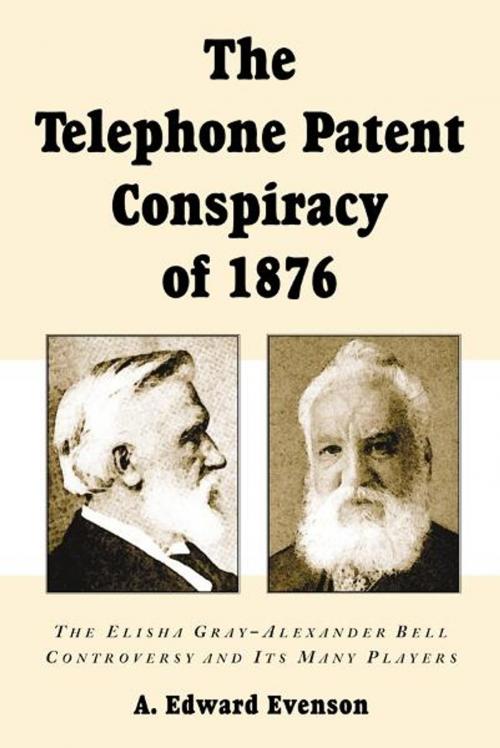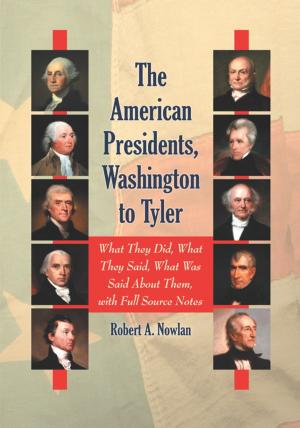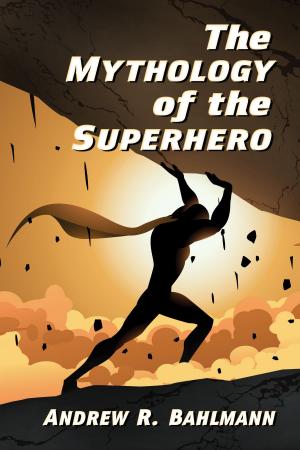The Telephone Patent Conspiracy of 1876: The Elisha Gray-Alexander Bell Controversy and Its Many Players
The Elisha Gray-Alexander Bell Controversy and Its Many Players
Nonfiction, History, Americas, United States| Author: | A. Edward Evenson | ISBN: | 9780786462438 |
| Publisher: | McFarland | Publication: | December 15, 2000 |
| Imprint: | McFarland & Company, Inc., Publishers | Language: | English |
| Author: | A. Edward Evenson |
| ISBN: | 9780786462438 |
| Publisher: | McFarland |
| Publication: | December 15, 2000 |
| Imprint: | McFarland & Company, Inc., Publishers |
| Language: | English |
The invention of the telephone is a subject of great controversy, central is which is the patent issued to Alexander Graham Bell on March 7, 1876. Many problems and questions surround this patent, not the least of which was its collision in the Patent Office with a strangely similar invention by archrival Elisha Gray. A flood of lawsuits followed the patent's issue; at one point the government attempted to annul Bell's patent and launched an investigation into how it was granted. From court testimony, contemporary accounts, government documents, and the participants' correspondence, a fascinating story emerges. More than just a tale of rivalry between two inventors, it is the story of how a small group of men made Bell's patent the cornerstone for an emerging telephone monopoly. This book recounts the little-known story in full, relying on original documents (most never before published) to preserve the flavor of the debate and provide an authentic account. Among the several appendices is the "lost copy" of Bell's original patent, the document that precipitated the charge of fraud against the Bell Telephone Company.
The invention of the telephone is a subject of great controversy, central is which is the patent issued to Alexander Graham Bell on March 7, 1876. Many problems and questions surround this patent, not the least of which was its collision in the Patent Office with a strangely similar invention by archrival Elisha Gray. A flood of lawsuits followed the patent's issue; at one point the government attempted to annul Bell's patent and launched an investigation into how it was granted. From court testimony, contemporary accounts, government documents, and the participants' correspondence, a fascinating story emerges. More than just a tale of rivalry between two inventors, it is the story of how a small group of men made Bell's patent the cornerstone for an emerging telephone monopoly. This book recounts the little-known story in full, relying on original documents (most never before published) to preserve the flavor of the debate and provide an authentic account. Among the several appendices is the "lost copy" of Bell's original patent, the document that precipitated the charge of fraud against the Bell Telephone Company.















